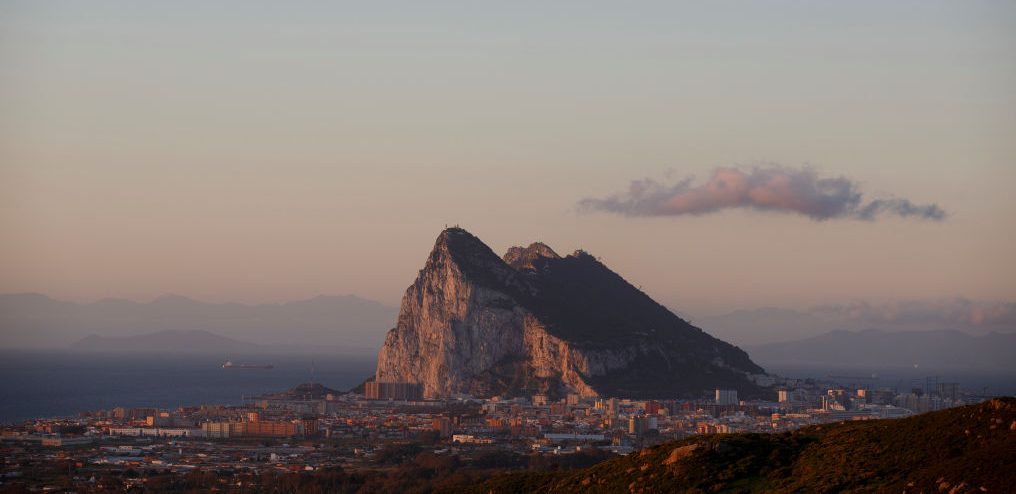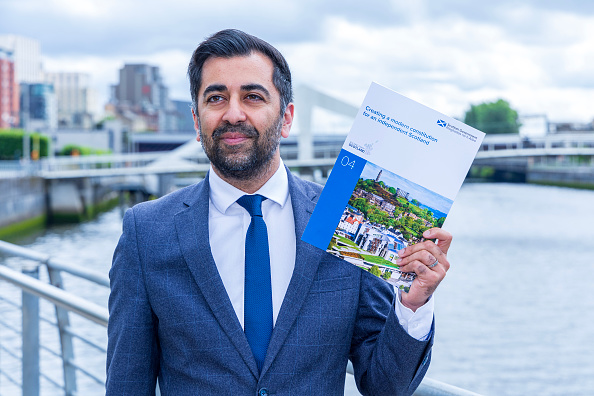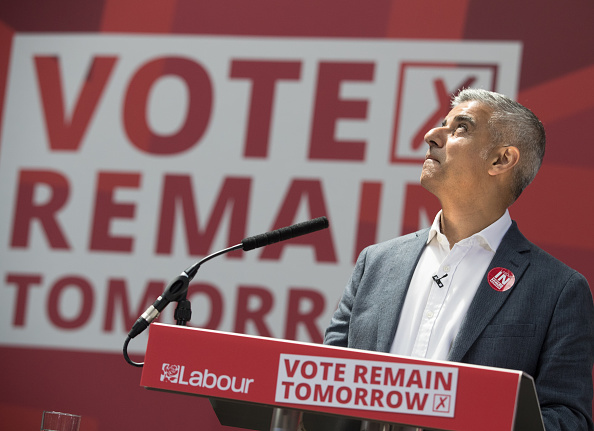Inhabitants of the Orkney Islands, off the coast of mainland northern Scotland, are considering a breakaway from the Scottish Government.
Increasingly frustrated at what islanders see as unfair treatment, any such decision could effectively result in a self-governing territory under the tutelage of Norway.
Councillors on the archipelago of some 70 separate islands around 16 kilometres off the Scottish coast – 20 of which are inhabited by a total of about 22,000 people – will debate a motion on July 4 on whether to green-light moves to seek changing its status within the UK.
The smallest local authority in Scotland is set to explore options that include looking to build on longstanding cultural ties with Norway and becoming a self-governing territory under its Scandinavian neighbour’s wing. Alternatively, it may seek to match the status of areas such as the Crown Dependencies of Jersey and Guernsey or overseas territories including the Falkland Islands in the South Atlantic.
The Deputy Leader of Orkney Council, Heather Woodbridge, who seconded the proposal, told Brussels Signal: “This is a serious motion. This is certainly not a flippant thing or a gimmick. We are really serious about this.
“In terms of the connections with the Nordic countries, we have a real, live relationship. That’s not historical relationship with these countries, it’s very much alive in terms of student exchanges in terms of that cultural interaction.”
But Woodbridge made clear that the Norway route was just one of the options to be considered.
“I know that … in Orkney we have the cultural connections with Norway and Scandinavia, I feel that quite deeply. However, I would not make an emotional decision based on that.
“An emotional decision doesn’t necessarily mean the best outcome for the people of Orkney,” she said.
Geographically closer to Norway’s capital Oslo than London, Orkney spent centuries under Norwegian and Danish control until it became part of Scotland in 1472 when the islands were used as security for the wedding dowry of Margaret of Denmark, the future wife of King James III of Scotland.
Woodbridge said that, while the motion to explore going it alone had captured the public’s imagination and brought the media spotlight to Orkney, the idea of a breakaway was not new and originated in battles with the UK and Scottish governments over funding that had been ongoing for some considerable time.
Struggling to meet the needs of its people during the current cost-of-living crisis, among other competing financial demands, the local authority is also facing a £500 million bill to replace its ageing ferry service – a figure that is five times the council’s annual budget.
“We have been in this iniquitous situation for many years,” Woodbridge said.
“Orkney has been getting a raw deal for so long, we need to do something different,” she added.
“We need to think differently. We need to come at it in a creative way because making reasonable intelligent arguments based on the realities and the hardships of the constituents, that’s not getting us anywhere.”
She added: “That is not something that the UK and Scottish governments are responding to.”
With oilfields on Orcadians’ doorstep, plus one of the largest natural harbours in the world, rich fishing grounds and a strategic location that earned it the moniker of “the stopper in the bottle of the North Sea” during the Second World War, islanders are not short of resources.
And with wind-energy a booming sector, Woodbridge said the islands were in a location that was “highly strategic in terms of the contemporary offshore-wind developments that are coming this way”.
“The future of energy is going to be around the waters off Scotland,” she said, “and Orkney is in possibly the prime location for operations and maintenance, for assembly, for that huge industry that is coming.
“We’re aware of that as the local authority,” she said, adding: “Is the Scottish and UK government aware?”





